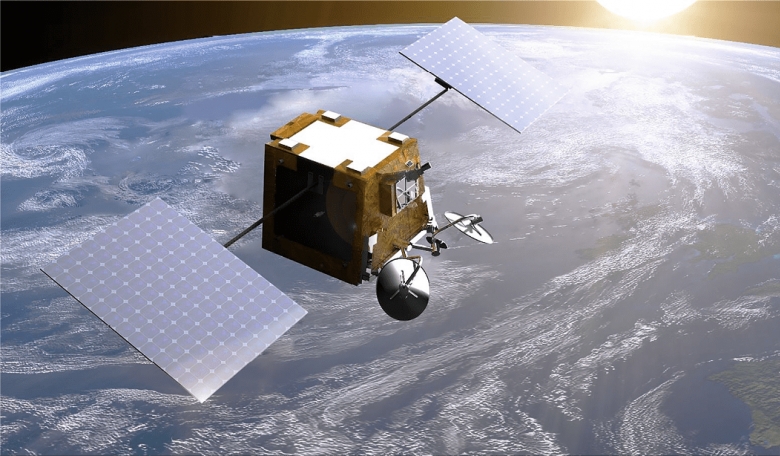Space research and development has historically attracted the attention of politicians for its ability to enhance national prestige and for its strategic military role, but in recent years it has become increasingly recognised for its contributions to the national economy. Martin Barstow describes the recent development of a recognised space economy in the United Kingdom, the role of local initiatives such as Space Park Leicester, and the benefits for the UK as a nation.
When the UK Government Industrial Strategy was published in 2017, it highlighted the importance of ‘Space’ to the UK economy. This was made even more visible at the 2018 Farnborough International Air Show when the then Prime Minister, Theresa May, visited the UK Space Zone following her opening address, the first time any PM had done so.
This was followed by separate visits from government ministers, representing business, science, transport and trade respectively, reflecting the breadth of economic and societal contributions from the space industry. It was an exciting time. A Government announcement of a first UK-based commercial spaceport to be located in Scotland was quickly followed by Virgin Orbit’s decision to conduct horizontal launch services from Newquay, Cornwall. Today, a number of other prospective sites are vying for the business of launching payloads to space from UK soil.
The development of this emerging independent launch capability and the supply chains that will service it has given the UK space community a strengthened sense of purpose. Meanwhile, the 2018 Space Industry Act is nearing completion as the necessary regulations move through parliament and the first UK launches will be possible as early as summer 2022.














